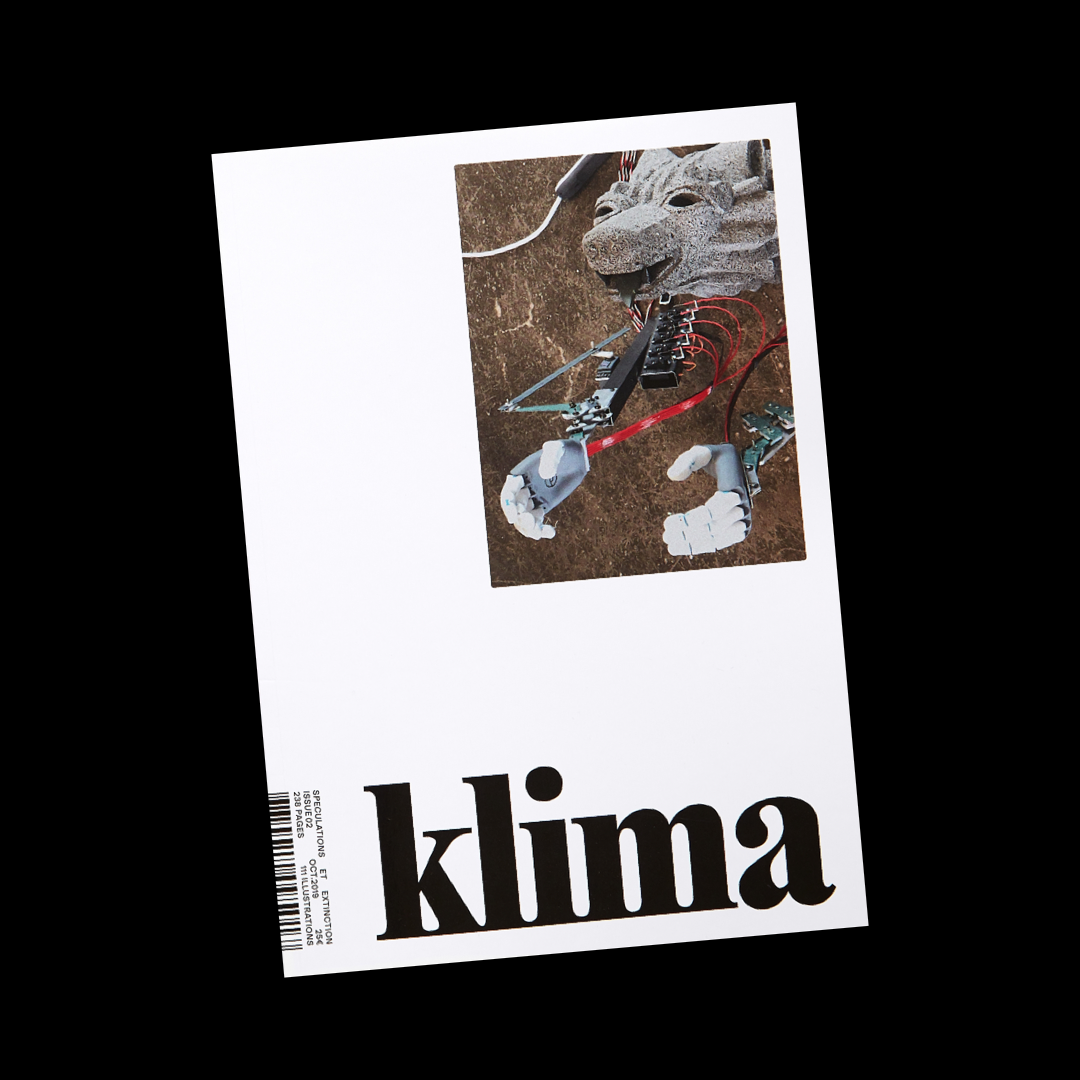Klima magazine #2
Klima magazine #2
Couldn't load pickup availability
About the magazine: Klima gives voice to conscious, creative and unique individuals in order to reflect an era and its questions, while revealing the multidisciplinarity of artistic, activist and academic circles. Klima is an annual printed magazine. Each issue offers a collective reflection based on an article written by an academic, aimed at a curious and informed public. We want to bring together different disciplines in the same space, emphasizing their transversal aspects. Thus, meetings and artistic proposals are articulated in a rhizomic way around the main article. Each production freely interprets the issues inherent to this research work, all in the form of a beautiful literary object.
Aware of the political emergency of our time, Klima intends to enter into the current cultural climate by questioning its issues and its new forms of utopias, by taking research and art as spaces for deliberation of the contemporary. -even. Klima aspires to be a breath of fresh air.
Klima publishes topics and articles relating to contemporary art, art history, art criticism, sociology, anthropology, visual studies, gender studies, studies post-colonial, etc.
Content :
Talking about the environment is a vast subject, which can be understood in a pragmatic, poetic or speculative manner. To respond to this diversity of analysis we wish to give voice to individuals from different backgrounds and whose practices continue to come together around common issues. Researcher Anna Lowenhaupt Tsing introduces this second issue with her article on Merremia Peltata, a vine which is gradually invading and destroying the forests of South East Asia. The magazine develops around this parasite, discreetly contaminating the proposals of different artists and researchers. What if humans were in the image of this voracious vine? As researcher Yasmine Benabdallah rightly says, “ecology is about the earth and about people”. We therefore tried to explore the relationships between humans and the entities around them and the relationships between humans. It was in fact impossible for us to talk about the environmental crisis without mentioning the different organizations of social groups and raising their colonial issues and the violence that results from them. Faced with the coming extinction, how can we initiate a process of collaborative survival? How can we consider the world beyond the Western point of view and even beyond the human gaze?
Language: French / English
Condition: new






